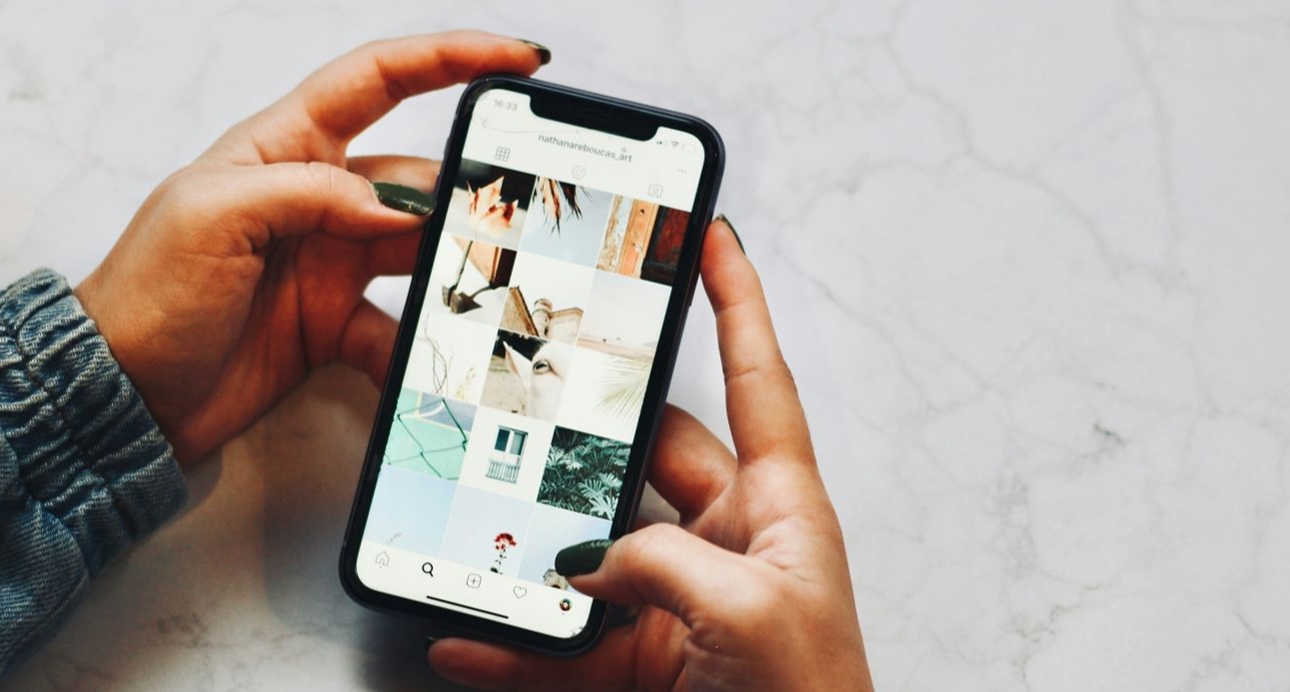Yorkshire wedding venue Aston Hall Hotel offers the best of everything
Aston Hall Hotel, built in 1772 and steeped in history, offers the best of...

As technology brings us closer together than ever, it also has changed how relationships work, from meeting your significant other through an online dating app to having the ability to contact other people instantly at your fingertips. Smartphones have revolutionised communication - but do they strengthen or strain romantic relationships?
With this in mind, the smartphone experts at Compare and Recycle have surveyed 2,000 people, delving into the complex world of smartphones. They discovered how many Brits trust their partners with phone passcodes, as well as partnering up with couples counsellor, Susan Leigh, to provide healthy passcode-sharing tips for couples.
Compare and Recycle's survey revealed that 33% of Brits share their phone passcode with their partner and 9% have their partner's Face ID/Touch ID set up on their smartphone. 23% of adults surveyed share their email account password, whilst just 31% do not share any passwords with their partners.
The survey found that 89% of men share some level of access to their phone with their partner. Whereas, only 75% of women share the same access with their partner, suggesting that women may have different boundaries or preferences when it comes to digital transparency.
TikTok data proves that sharing passwords may not always be the best idea It is fairly common practice for partners to share their passwords with each other for convenience in everyday situations, like changing a song in the car or answering a call when the other person is occupied. However, what starts as an act of trust can sometimes quickly turn into serious a breach of privacy. On TikTok, the topic of "going through my boyfriend's phone" has reached an astounding 108.4M views, with one video even providing tips for going undetected reaching 6.8M views alone.
Five boundaries to set when sharing passwords, according to Susan Leigh
1.Always ask permission before going on someone else's device
"It's often a courtesy to 'ask permission' or check in and mention if you want to use someone's phone, even if they always say that they don't mind. Regularly maintaining a boundary and checking in before using it prevents complacency from setting in and feeling like an automatic right to look at each other's phones".
2.Remember that it is a privilege based on trust
"Be respectful as to how you use this permission and remember that it is a privilege based on trust. Be clear from the outset as to the reasons for using each other's phones. Using it to take a special in-the-moment photo might well be understandable and justified, but retain some mutual respect and, for example, don't go into their inbox unless you've been specifically asked to, reply to their emails or update their social media accounts".
3.Exercise discretion
"Exercise discretion before deciding to read an email, answer a call or verbally comment if you see a message or incoming call popping up on their screen. It's none of your business unless they choose to make it so. Resist the temptation to scour other screens or browse their phone simply because it's in your hand."
4.Review and revisit the agreement
"Appreciate that the situation regarding your access to their phone may change and that doesn't have to be a big deal. If their work or personal commitments change there may be no need for you to have their passwords and access to their phone. If you've, up till now, customarily used each other's phones, now may be the time to renegotiate the situation for either or both of you for future reference."
5.Don't take it personally
"Avoid taking changes personally. It may be hard not to take the withdrawal of access as a slight or as a withdrawal from the relationship, but that's the time when open and honest communication can make a big difference. Knowing that they've changed their passwords or don't need you to have unrestricted access to their phone doesn't necessarily mean a lessening of closeness or intimacy."